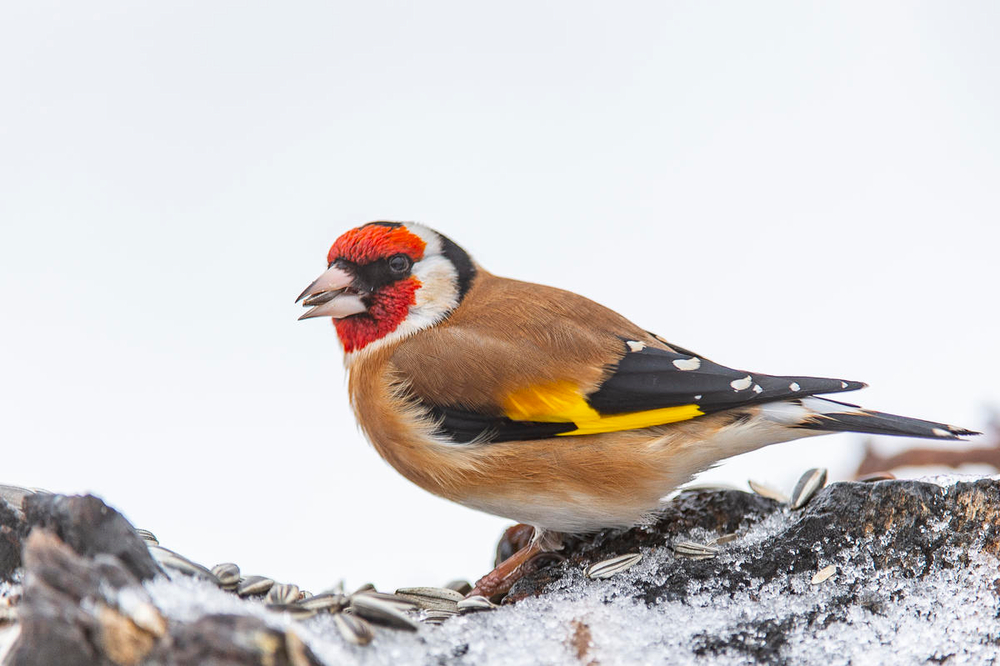Shortcomings in law enforcement and protection mean most wildlife crimes in Europe go unpunished or undetected, putting endangered European species at further risk.
These are the findings of a new report published on Wednesday by WWF’s LIFE SWiPE project, which provides the most comprehensive picture to date on the state of wildlife crime in Europe.
Data collected from 11 European countries reveals that between 2016 and 2020, the most common wildlife crimes were the illegal killing of wildlife (27%), using poisoned baits (16%) or prohibited hunting methods (14%), and illegal wildlife trade (13%).
Tackling environmental crime, including wildlife trafficking, is one of the ten priorities of the EU Council in its fight against organised crime. A revision of the EU Environmental Crime Directive is currently under negotiation.
“The European Parliament and Council must communicate that these crimes are not tolerated in Europe, ensuring that the revised Environmental Crime Directive is strong and ambitious enough,” said Audrey Chambaudet, Policy Officer, Wildlife Trade and Wildlife Crime at the WWF European Policy Office.
“All major environmental crime offences should be covered by the Directive, and the maximum terms of imprisonment need to be sufficiently high to deter wildlife crimes,” she added.
The report reveals the goldfinch is the most targeted species, subject to multiple criminal activities including hunting tourism and illegal trade. Other frequent victims of wildlife crime include threatened species of birds of prey, targeted by poisoned baits, and large carnivores such as bears, wolves or lynx.
At the heart of the problem is the lack of reporting of wildlife crime.
“Wildlife is not reported missing like humans and cannot self-report themselves as victims, so most of these acts go unreported, and in all likelihood, much more go undetected,” said Roselina Stoeva, LIFE SWiPE’s project manager.
Even when reported, many wildlife crime cases were not prosecuted. According to the report, an average 60% of wildlife crime complaints received by the prosecution did not result in indictments that led to court proceedings.
Specialised police, the use of technology such as drones for monitoring, and training more sniffer dogs to detect poisoning and other crimes are some examples of best practices in boosting the prosecution of these crimes across Europe.
The report also calls on the bloc’s co-legislators to consider tougher sentences, including imprisonment, for offences covered by the Environmental Crime Directive.


